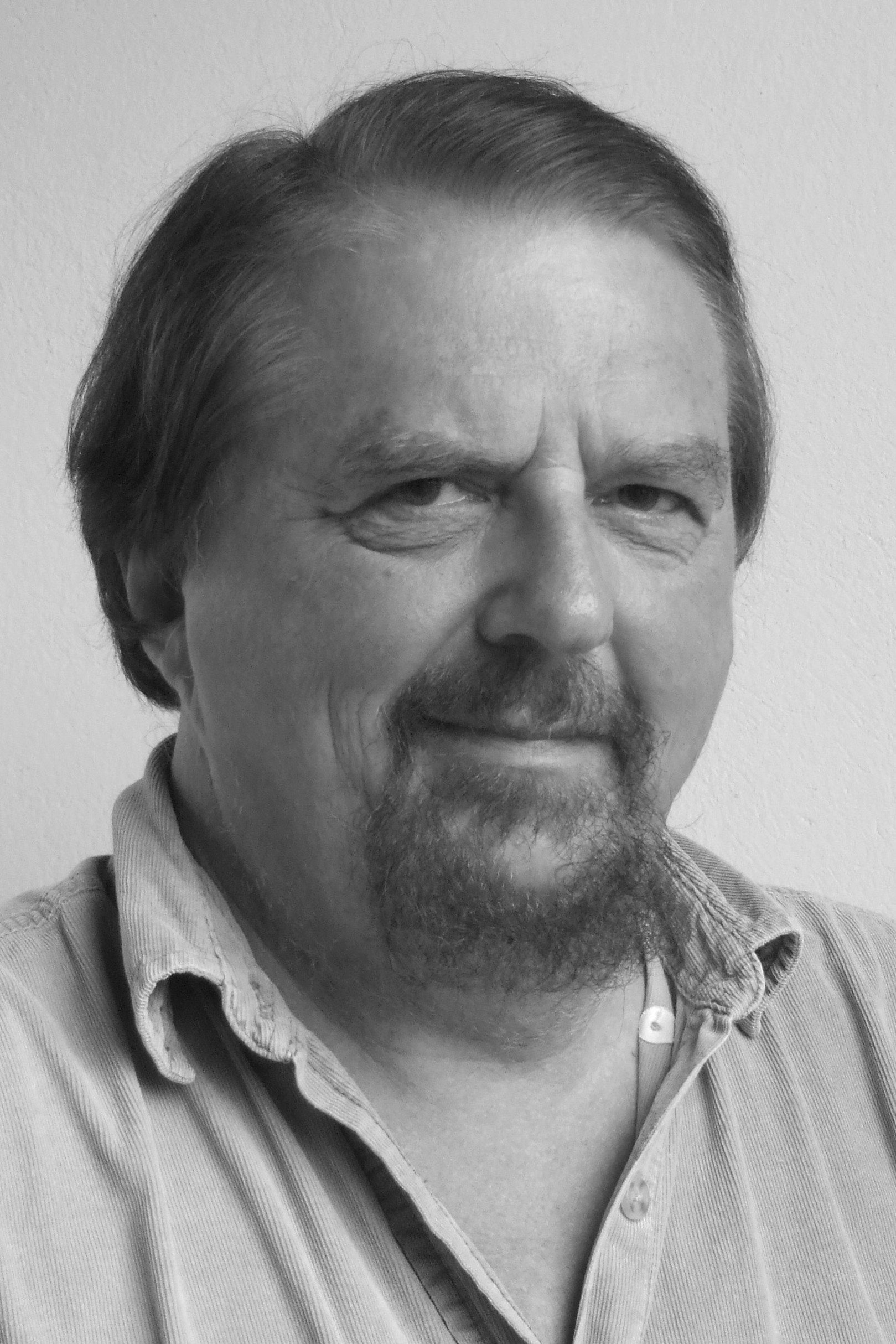

Explores the evolution of patriarchy as one effective way of organizing mass societies, from evidence in ancient Egyptian villages along the Nile.
This series of films, written and hosted by journalist and military historian Gwynne Dyer, examines Canada's role in the international power game, its tradition of alliances with world powers, and our future role on the world stage. The series combines recent footage shot in ten countries with archival films dating back to the Boer War (1899) and interviews with noted military leaders, politicians, and frontline troops.
This third part of the series focuses on Canada's participation in NORAD and the events leading up to Canada's becoming a "nuclear no-man's land." In the late 1980s we are confronted with important choices about our role on the international scene, and host Gwynne Dyer offers intriguing predictions and possibilities about how our decisions could have global impact.
A penetrating look at how difficult it is for the northern countries--Canada, Iceland, Norway, Sweden, Finland and Denmark--to remain neutral, caught as they are between the two superpowers. All but Canada were neutral before World War II. Today, only Sweden has not joined a military alliance, but with American and Soviet military forces in the northern seas, even its lone neutrality is at risk. Archival footage from the two world wars, animated maps, and interviews illuminate the historical shaping of each country's stance on neutrality and approach to its own defense, and how these positions work for and against the countries. The film's thesis is that a non-aligned north is the key to separating the superpowers and attaining world peace.
Michael Gwynne Dyer OC is a British-Canadian military historian, author, professor, journalist, broadcaster, and retired naval officer. Dyer rose to prominence in the 1980s with the release of his television series War in 1983 and the publication of an accompanying book in 1985. Since the 1960s he has lived in London, England, where he works as a syndicated columnist. Dyer is a noted expert in Middle Eastern affairs, having completed his graduate work in this area and written several books on the subject. More recently he has focused on climate change and its geopolitical consequences.
By browsing this website, you accept our cookies policy.